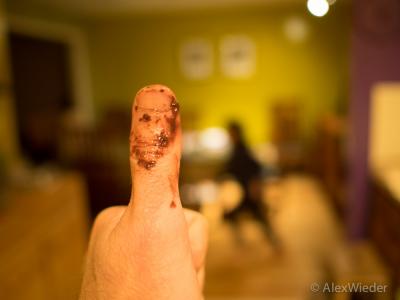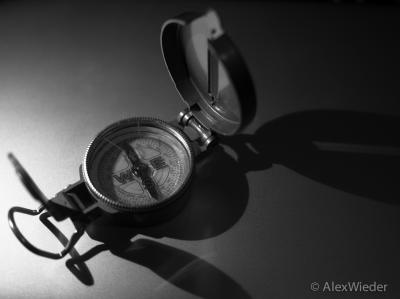
Photo: flickr user Saludadea
(Click aquí para leer en Español)
Photographers’ issue with facebook and intellectual property is like the pimple that keeps coming back.
Like most online services, the social network’s terms of usage are worded in such a [one-sided] way that more than an agreement between two parties, the only thing missing seems to be your willingness to let them have your first-born in exchange for the privilege of using their service (whatever that may be).
As a photographer, the only parts of the agreement that are of any real interest to you are these gems, found on Sections 2 and 9, respectively:
2.1 For content that is covered by intellectual property rights, like photos and videos (IP content), you specifically give us the following permission, subject to your privacy and application settings: you grant us a non-exclusive, transferable, sub-licensable, royalty-free, worldwide license to use any IP content that you post on or in connection with Facebook (IP License). This IP License ends when you delete your IP content or your account unless your content has been shared with others, and they have not deleted it.
9.1 You give us permission to use your name, profile picture, content, and information in connection with commercial, sponsored, or related content (such as a brand you like) served or enhanced by us. This means, for example, that you permit a business or other entity to pay us to display your name and/or profile picture with your content or information, without any compensation to you. If you have selected a specific audience for your content or information, we will respect your choice when we use it.
9.2 We do not give your content or information to advertisers without your consent.
Or in plain English:
- Section 2:
- We can do whatever we want with your images until you delete them.
- We can still do whatever we want with your images after you delete them if someone shared them on facebook and the shares haven’t been deleted.
- PS: Good luck finding the other users that shared your content and convincing them to delete it.
- Section 9 (or “How can we make this more confusing for you?”):
- We can use your images for ads shown on or about facebook.
- If you managed to delete them, as well as all instances of sharing by other users, facebook’s attorneys are likely to claim that 9.1 says nothing about time limitations, so it would come down to a court decision.
- We will ask you for permission before we give your content to advertisers. (This seems to be the only matter related to intellectual property in which the user has an option.)
In a nutshell, don’t publish your images on facebook if you’re concerned about facebook doing anything they want , because, pretty much, this is what it boils down to. If you think that water-marking your photos or writing on the caption something along the lines of “facebook is not permitted to use this image in any way,” you are, like we say in my native Venezuela, peeing outside the bowl. Why? Because as soon as you log into facebook you are agreeing to their terms of usage, as it’s made abundantly clear already by its second sentence – the first actual clause in this agreement:
“By using or accessing the Facebook Services, you agree to this Statement [of Rights and Responsibilities]”
And just to make sure that this coffin is really tightly-shut, there’s an additional nail in Section 13.3:
“Your continued use of the Facebook Services, following notice of the changes to our terms, policies or guidelines, constitutes your acceptance of our amended terms, policies or guidelines.”
If you still insist on posting warnings below your images, the most you can do that may stick in court is “I do not consent to facebook giving my content to advertisers.” But if they amend the agreement and remove that consent clause from Section 9, it becomes moot as well.
Those who have any reason to even read this agreement will, undoubtedly, be inconvenienced by it. At the very least, you would end up, like I did, doing a cost-benefit analysis of the matter at hand (more than an agreement, it’s really a ransom note of sorts).
Hearing several professional photographers discuss this, the only viable conclusions are that if you’re more interested in promoting your work on facebook than you are bothered by the possibility that the company might use any of your images, you should publish them there, but if, on the other hand, you have a major problem with the latter, you should stay away.
The unfortunate bottom line is that the only possible negotiations are with yourself and not with the company with which one would expect to establish or keep a win-win relationship – for facebook it’s a definitive win while for you it’ll have to be whatever you make of it.











